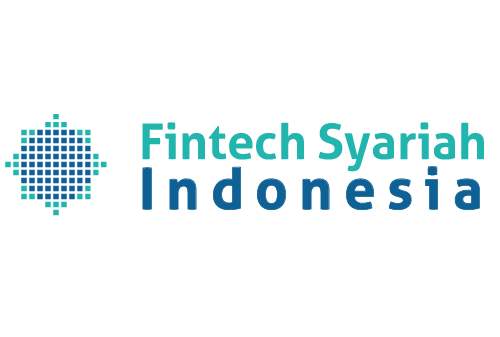Internalisasi Prinsip Maqashid Syariah dalam Kebijakan Belanja Negara: Tinjauan APBN 2023
DOI:
https://doi.org/10.59580/iesbir.v3i2.6082Abstract
Abstract
One of the most important government policies is the state spending policy. Because this will affect the welfare of the people whose basic needs must be met. In Islam, basic needs are reflected in the five maqasid sharia, namely hifzu din, hifzun nafs, hifzul 'aql, hifzun nasl, and hifzul mal. This research was conducted with the aim of analyzing the Indonesian state budget in 2023 using the perspective of maqāsid shari'ah which includes meeting the basic needs of society related to the protection of religion, life, intelligence, lineage and wealth. The method used in ths study is a descriptive qualitative method by analyzing domains to observe government budget priorities with a sectoral analysis approach using the main data source in the form of the APBN and relevant articles as theoretical references. This research looks at the spending of the Indonesian state budget in 2023 based on function, then it is included in the respective indicators of the five maqasid sharia. The results of the study show that the portion of the Indonesian state budget in 2023 does not yet reflect the level of maqāsid shari'ah as a whole. Budget priority in maqasid sharia is seen in hifdzul-mal and hifdzun-nafs, then hifdzul-'aql, hifdzu-din, and finally hifdzun-nasl. The sequential levels of maqasid sharia are found in the hifdzun-nafs and hifdzul-'aql budgets in 2023.
Keywords: Maqashid Sharia; State Budget; State Expenditures
Abstrak
Salah satu kebijakan pemerintah yang sangat penting adalah kebijakan belanja negara. Sebab hal ini akan berpengaruh terhadap kesejahteraan masyarakat yang harus terpenuhi kebutuhan dasarnya. Dalam Islam, kebutuhan dasar tercermin dalam lima maqasid syariah, yaitu hifzu din, hifzun nafs, hifzul 'aql, hifzun nasl, dan hifzul mal. Penelitian ini dilakukan dengan tujuan menganalisis anggaran belanja negara Indonesia pada tahun 2023 menggunakan perspektif maqāsid syari'ah yang mencakup pemenuhan kebutuhan dasar masyarakat terkait perlindungan agama, kehidupan, kecerdasan, keturunan, dan kekayaan. Metode yang digunakan dalam penelitian ini adalah metode kualitatif deskriptif dengan menganalisis domain untuk mengamati prioritas anggaran pemerintah dengan pendekatan analisis sektoral menggunakan sumber data utama berupa APBN dan artikel-artikel yang relevan sebagai rujukan teori. Penelitian ini melihat pengeluaran APBN Indonesia pada tahun 2023 berdasarkan fungsi, kemudian dimasukkan ke dalam indikator masing-masing dari lima maqasid syariah. Hasil penelitian menunjukkan bahwa porsi anggaran belanja negara Indonesia pada tahun 2023 belum mencerminkan tingkat maqāsid syari'ah secara keseluruhan. Prioritas anggaran dalam maqasid syariah terlihat pada hifdzul-mal dan hifdzun-nafs, kemudian pada hifdzul-'aql, hifdzu-din, dan terakhir hifdzun-nasl. Tingkat maqasid syariah yang berurutan ditemukan pada anggaran hifdzun-nafs dan hifdzul-'aql pada tahun 2023.
Kata kunci: APBN; Belanja Negara; Maqashid Syariah
Downloads
Published
How to Cite
Issue
Section
License
Copyright (c) 2024 Nabilah Nurjihan, Abdul Husen Zaelani, Lili Puspita Sari

This work is licensed under a Creative Commons Attribution 4.0 International License.
Authors who publish with this journal agree to the following terms:
- Authors retain copyright and grant the journal right of first publication with the work simultaneously licensed under a Creative Commons Attribution 4.0 International License that allows others to share the work with an acknowledgment of the work's authorship and initial publication in this journal.
- Authors can enter into separate, additional contractual arrangements for the non-exclusive distribution of the journal's published version of the work (e.g., post it to an institutional repository or publish it in a book), with an acknowledgment of its initial publication in this journal.
- Authors are permitted and encouraged to post their work online (e.g., in institutional repositories or on their website) before and during the submission process, as it can lead to productive exchanges, as well as earlier and greater citation of published work.

This work is licensed under a Creative Commons Attribution 4.0 International License.











